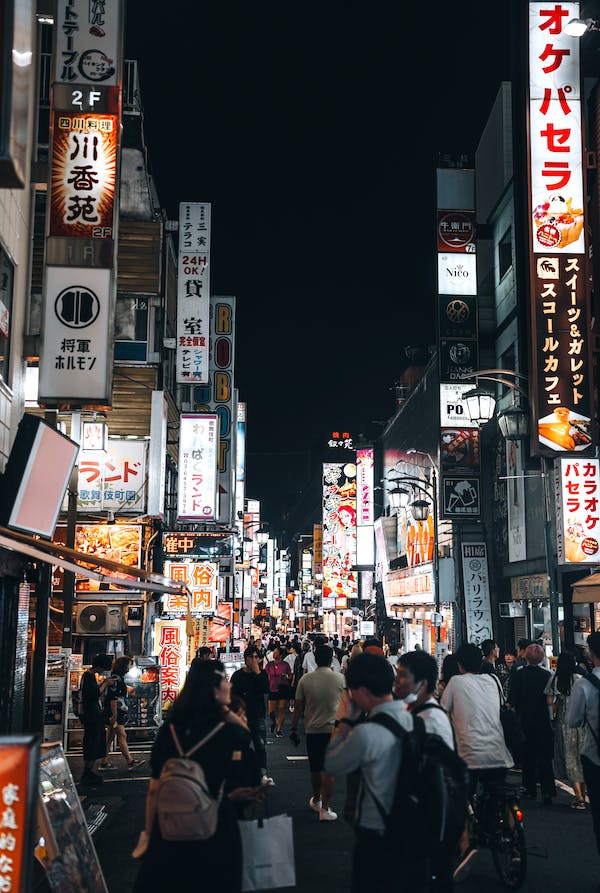The tourism industry is an enormous global industry, fueling the economic development of many communities and countries around the world. With the ever-growing demand for travel, it is no surprise that the tourism industry has become increasingly vulnerable to addiction. What exactly are the various components that make tourism susceptible to addiction and how can the industry protect itself?
At the foundation of the tourism industry lies demand. Tourists have a strong desire to experience different cultures, sights, and activities, and to escape the daily routine of home. This increased demand creates multiple opportunities for people to develop an addiction to travel. Popular tourist destinations, such as London, Paris, and Rome, are attractive for those seeking to indulge in luxurious accommodations, explore historic sites, and go shopping. But, depending on the traveler’s ability and means to pay for such luxuries, addiction may arise. Additionally, due to the nature of tourist activities, such as participating in adventurous excursions and exploring multiple attractions in a single day, tourists may become addicted to the all-encompassing experience of tourism.

Although tourism addiction may stem from the desire to experience a range of sights and attractions, there are other factors that make the tourism industry particularly susceptible to addiction. The rise of online travel booking websites and apps enable travelers to easily book trips and accommodation at any time, providing a convenient platform for people to plan and book their own holidays or activities. This ease-of-access has also contributed to consumers becoming reliant on the internet for researching and purchasing of tourist services. Furthermore, the wide array of travel promotions, discounts, and packages that continue to be offered have made it increasingly hard for people to resist travelling. This trend has only been heightened with the proliferation of social media, which has further promoted travel to destinations that may not have been considered previously.
So, how can the tourism industry protect itself from addiction? First and foremost, it is necessary for travelers to understand and accept their own personal limitations when it comes to planning and taking trips. For example, travelers should review their budget and limit expenses on luxury items or activities that may not be justified or necessary. Additionally, the industry must educate travelers on the hazards of certain types of tourism and encourage responsible tourism to ensure that the natural and cultural environments of different destinations are preserved.
Overall, it is important to remember that the tourism industry is subject to addiction if proper control is not applied. As such, it is important for those in the industry to understand the motivations and behaviors of tourists, and to develop methods that will balance the risks of addiction with the associated benefits of responsible tourism. By doing so, the industry can ensure that the experiences of travelers are positive and enjoyable, while also carefully safeguarding vulnerable destinations from exploitation. In turn, this can benefit the industry in multiple ways, such as providing a boost to the local economy and creating a more sustainable travel experience for everyone involved.